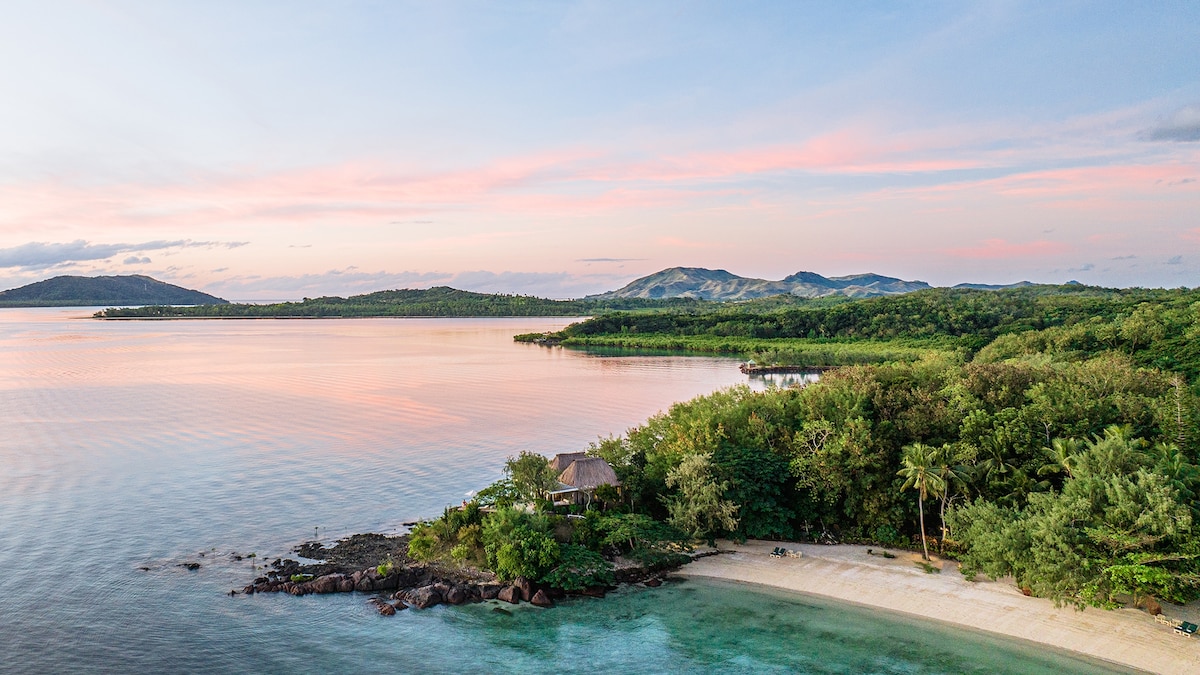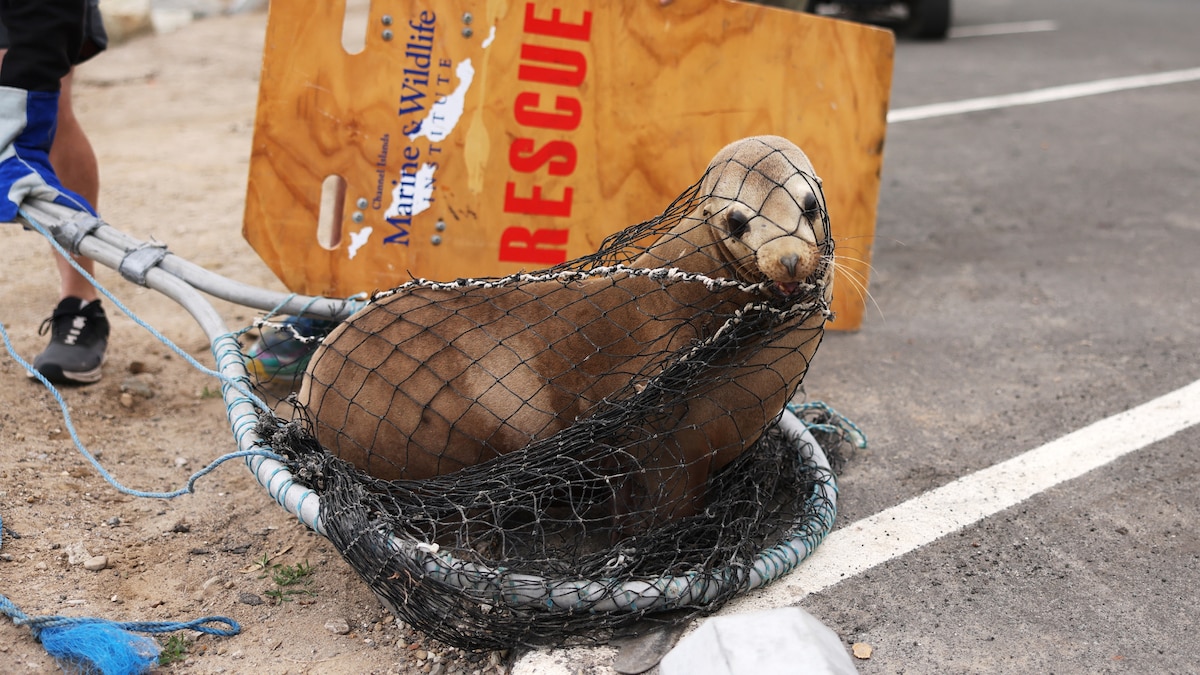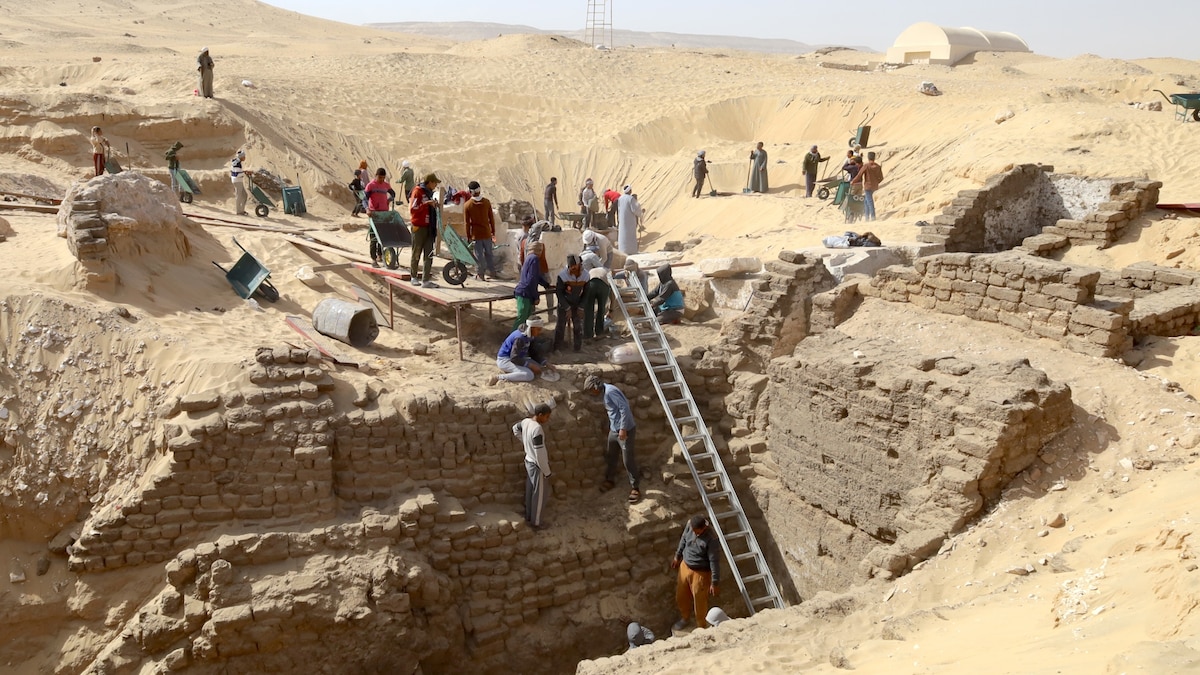Now Reading: Fiji Hotels Engage Guests in Conservation Initiatives
-
01
Fiji Hotels Engage Guests in Conservation Initiatives
Fiji Hotels Engage Guests in Conservation Initiatives

Rapid Summary
- Fiji’s natural beauty faces threats from climate change, including rising sea levels and coral bleaching.
- Resorts in Fiji have introduced conservation programs allowing guests to participate actively in environmental sustainability initiatives such as mangrove planting, coral reef restoration, iguana population monitoring, turtle nesting site protection, and giant clam conservation efforts.
- Notable resorts participating include:
– Kokomo Private Island: conservation-focused luxury with a unique manta ray tracking program.
– Six Senses Fiji: Iguana tracking to assess endangered species behavior and health.
– Nanuku Resort: running a mangrove nursery for shoreline stabilization; over 15,000 trees planted so far by guests.
– InterContinental Fiji Golf Resort & Spa: Coral reef restoration by guests using fragments to regenerate reefs.
– Tavarua Resort: Giant clam hatchery aiding fragile ecosystems through guest participation in on-site cleaning processes.
– Turtle island: Endangered turtle nesting safeguards with visitor involvement in tagging and release efforts.
Indian Opinion Analysis
Fiji’s active approach toward engaging tourists as conservationists is an important model for countries vulnerable to the effects of climate change-India included-with its diverse ecosystems facing similar risks like coastal erosion and marine habitat degradation. By aligning luxury tourism with sustainability practices (e.g., mangrove planting or coral regeneration), there emerges lucrative potential for eco-tourism that could benefit biodiversity conservation efforts while together boosting the local economy.
For India-a nation rich in coastal regions-it can take lessons from Fiji on integrating community-driven environmental stewardship into tourism experiences without compromising cultural integrity or natural heritage preservation goals. Such initiatives foster awareness among visitors while supplementing infrastructural gaps related to conservation funding-a challenge faced globally amidst growing environmental crises.

























